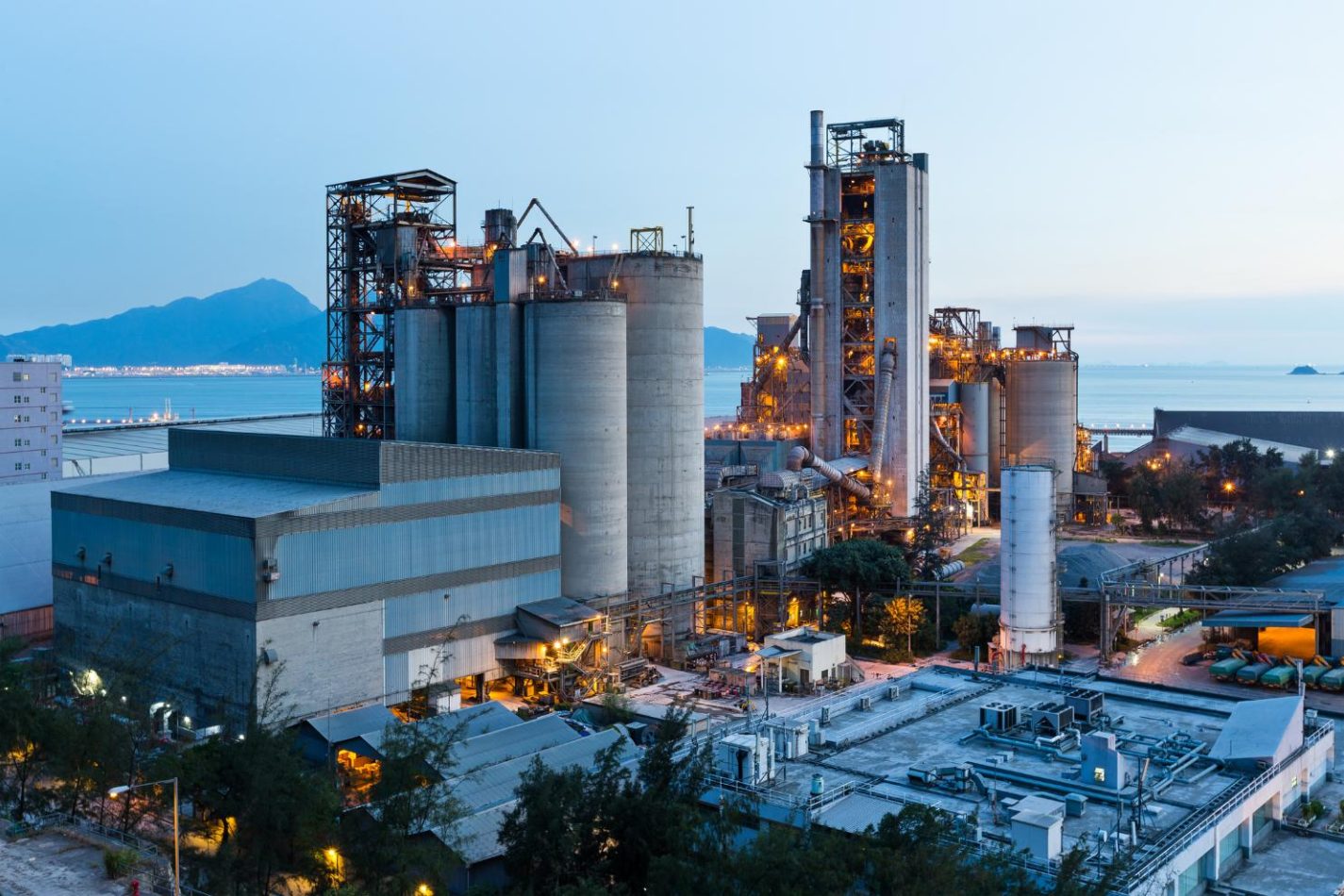CCUS Project Performance Norms

What Is the Total Lifetime Cost of a CCUS Project?
Independent Project Analysis (IPA) is launching a multi-client research study to help owner companies understand the real total lifetime cost of carbon capture, utilization, and storage (CCUS) projects in the industry today. This study will generate the industry-level metrics that owner companies need to improve decision making, understand feasibility, and ultimately drive better competitiveness and overall performance for CCUS projects. This effort will build on previous IPA research that established baseline cost and schedule metrics for CCUS projects. Decision-making for CCUS projects has become more complex since then and we can learn from the many CCUS projects that have recently progressed around the world. Several leading companies active in CCUS have requested IPA to lead this important initiative and we invite additional owner companies to join!
Key Benefits
- Determine the feasibility of CCUS projects based on total lifetime costs
- Understand the cost implications of a given technology selection
- Improve CCUS opportunity screening
- Validate costs for each individual scope component: capture, compression, transport, and storage
- Validate schedule durations for each component (engineering, procurement, construction, execution and cycle time, drilling, completion, injection well program)
- Understand how project characteristics affect project performance
The Need for CCUS Project Metrics
CCUS projects are increasing in frequency and global significance. Government agencies around the world have announced numerous funding mechanisms to accelerate the development of CCUS projects. As regulatory entities, investors, and shareholders further drive the need for greenhouse gas (GHG) emissions reduction, CCUS projects are poised to play an important role for decades to come. IPA sees the growth first-hand as our initial CCUS research study in 2022 was based on 26 projects and we expect to have more than 45 CCUS projects for analysis in this follow-up study.
This study pools industry learnings to address the gap in developer knowledge on cost and schedule assumptions, driven by the relatively few CCUS projects completed to date and the lack of experience in complex engineering-heavy projects from several industries currently active in CCUS. Another factor adding complexity is the application of partially proven technology and scopes in new environments and at different capacity ranges. This lack of prior experience and added complexity due to first-of-a-kind elements hinders effective decision making.
What Sets IPA’s Study Apart?
Wide Range of CCUS Projects Analyzed: We will examine real data from CCUS projects representing diverse value chain configurations, using various sources of CO2, executed under different business models, and with a wide range of design capacities.
Comprehensive CAPEX Focus: This study seeks to understand the full CCUS value chain, including the Balance of Plant and OSBL components, which can significantly influence the feasibility of the entire project.
Focus on Total Lifetime Project Costs: CAPEX and OPEX metrics provided in this study will give a broader picture of the lifetime costs of the CCUS system.
Data Sourced Directly From Project Teams: This study represents the only CCUS cost study executed to gather, organize, normalize, and present results from real project data.
Comprehensive and Proven Normalization Methodology: Normalization of all data enables a direct comparison of costs and identification of drivers and OPEX metrics.
Global Focus Area: The global nature of this analysis helps participants identify various implications for moving CCUS projects from one location to another.
Secure, Accurate, and Transparent Data Collection: IPA has a 35+ year history of collecting and aggregating cost data securely and accurately using a standardized cost breakdown structure (CBS).
IPA’s Proven Methodology
IPA will conduct the study by employing our proven methodology:
- Establish the study steering committee
- Develop the data collection strategy in collaboration with the steering committee
- Collect CAPEX, OPEX, and technical data from participating companies securely and accurately
- Aggregate, anonymize, and normalize all project data
- Analyze the data and prepare the study report
- Share the study report with all participants
Applicable Sectors
IPA seeks to have a balanced group of participating companies from sectors currently active in CCUS projects, including oil & gas production, power generation, chemicals, refining, cement, and iron & steel.
Join the Study
Owner companies that are currently active in CCUS and can contribute high-quality project data are invited to join the study. More details regarding eligibility are available upon request. Complete the web form below to request more information.